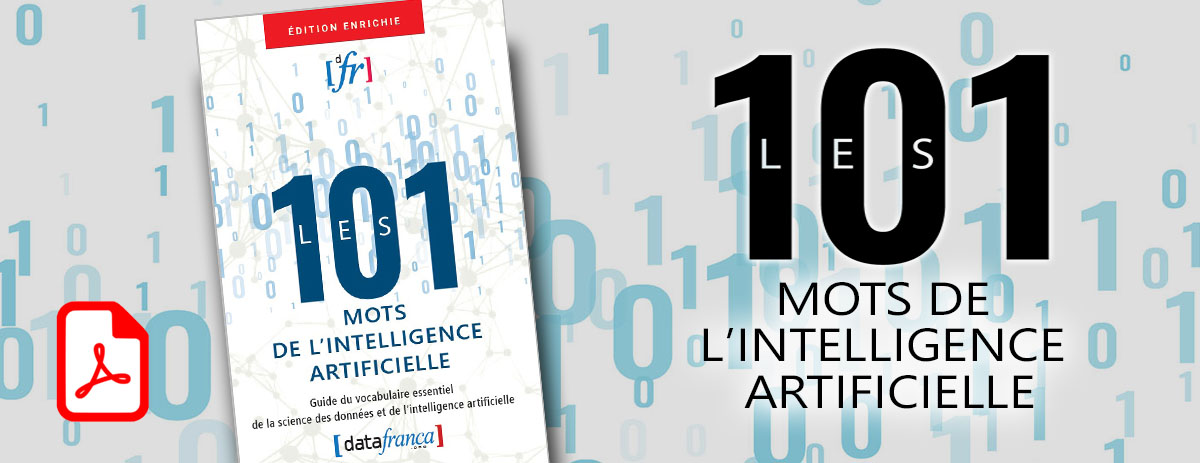Chaîne de Markov
Domaine
Définition
Termes privilégiés
chaine de Markov
Anglais
Markov chain
Markov decision processes (MDPs) provide a mathematical framework for modeling decision making in situations where outcomes are partly random and partly under the control of a decision maker. MDPs are useful for studying a wide range of optimization problems solved via dynamic programming and reinforcement learning. MDPs were known at least as early as the 1950s (cf. Bellman 1957); a core body of research on Markov decision processes resulted from Ronald A. Howard's book published in 1960, Dynamic Programming and Markov Processes.[1] They are used in a wide area of disciplines, including robotics, automatic control, economics, and manufacturing.
More precisely, a Markov decision process is a discrete time stochastic control process. At each time step, the process is in some state s {\displaystyle s} s, and the decision maker may choose any action a {\displaystyle a} a that is available in state s {\displaystyle s} s. The process responds at the next time step by randomly moving into a new state s ′ {\displaystyle s'} s', and giving the decision maker a corresponding reward R a ( s , s ′ ) {\displaystyle R_{a}(s,s')} R_a(s,s').
The probability that the process moves into its new state s ′ {\displaystyle s'} s' is influenced by the chosen action. Specifically, it is given by the state transition function P a ( s , s ′ ) {\displaystyle P_{a}(s,s')} P_a(s,s'). Thus, the next state s ′ {\displaystyle s'} s' depends on the current state s {\displaystyle s} s and the decision maker's action a {\displaystyle a} a. But given s {\displaystyle s} s and a {\displaystyle a} a, it is conditionally independent of all previous states and actions; in other words, the state transitions of an MDP satisfies the Markov property.
Markov decision processes are an extension of Markov chains; the difference is the addition of actions (allowing choice) and rewards (giving motivation). Conversely, if only one action exists for each state (e.g. "wait") and all rewards are the same (e.g. "zero"), a Markov decision process reduces to a Markov chain.
Contributeurs: Claude Coulombe, Jacques Barolet, wiki










